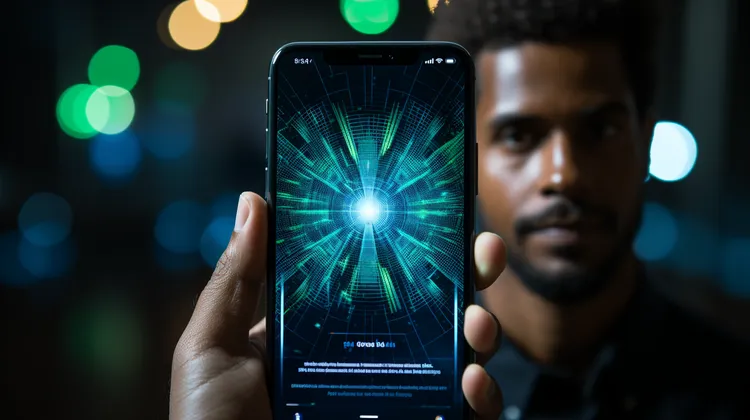Brazil is making strides in the technological arena with the recent rollout of its blockchain-based digital identification system. This new system is poised to transform the way individuals in the country authenticate their identity and interact with various government and private sector services. The initiative, known as the Brazilian Digital ID, aims to enhance security, privacy, and efficiency in identity verification processes.
Using blockchain technology, the Brazilian Digital ID offers a decentralized and tamper-proof solution for storing and verifying individuals’ personal information. This system eliminates the need for physical identification documents, such as passports and driving licenses, by allowing citizens to access and share their digital identity through a secure mobile application.
One of the key advantages of the Brazilian Digital ID is its potential to streamline bureaucratic processes. In the past, citizens had to physically present several documents to prove their identity for various services, resulting in long waiting times and cumbersome procedures. With the new digital system, individuals can authenticate their identity with a few taps on their smartphones, saving both time and effort.
The blockchain-based nature of the system ensures that personal data remains secure and private. Unlike traditional databases, where sensitive information is stored in a central location vulnerable to hacks and breaches, blockchain technology distributes data across multiple nodes, making it virtually impossible for unauthorized parties to tamper with or access individuals’ records.
The Brazilian government has also emphasized the inclusive nature of this digital identity system, aiming to provide access to services for individuals who previously struggled to fulfill the paper-based requirements. By removing the need for physical documents and allowing citizens to prove their identity through a mobile application, the digital ID greatly reduces the barriers faced by marginalized populations, facilitating their inclusion in social and economic activities.
The Brazilian Digital ID offers a wide range of potential applications beyond government services. Private companies can integrate this digital identification system into their own authentication processes, ensuring secure access to their platforms or services. This innovation can significantly reduce instances of identity theft and fraud, safeguarding both individuals and organizations.
The introduction of a blockchain-based digital ID is not without challenges. One of the major concerns is the potential exposure of citizens’ personal information in case of a successful cyberattack or breach. Proponents argue that the decentralized nature of blockchain technology provides a higher level of security compared to traditional systems, making it incredibly difficult for hackers to compromise the integrity of the data.
Another challenge lies in ensuring that the system remains user-friendly and accessible to all. While smartphone penetration rates are high in Brazil, there are still individuals who do not possess the necessary devices or technological literacy to fully utilize the digital identification system. Ensuring that alternative methods are available for such individuals will be crucial in maintaining inclusivity.
The implementation of blockchain-based digital ID in Brazil sets an example for other countries looking to enhance their identification systems. It showcases the potential of this emerging technology to revolutionize identity verification processes, improving security, efficiency, and inclusivity.
Brazil’s rollout of a blockchain-based digital ID represents a significant step towards modernizing their identification systems. By leveraging the benefits of blockchain technology, the Brazilian government aims to enhance security, privacy, efficiency, and inclusivity in identity verification processes. While challenges remain, the introduction of this system sets the stage for a more streamlined and secure future, where citizens can access services with ease and protect their personal information effectively. As other nations observe the outcomes of this initiative, it is likely that blockchain-based identification systems will take center stage in the pursuit of a digital, connected world.




Kudos to Brazil for leading the way in modernizing identification systems! By embracing blockchain technology, they are setting an example for other countries to follow in the pursuit of a secure and efficient future.
Ensuring accessibility for all users is vital. 📲 It’s important to provide alternative methods for individuals who may not have smartphones or technological literacy. Inclusivity should always be a priority! 🌈
I’m skeptical about the government’s ability to develop and maintain a reliable mobile application for this digital ID system.
I don’t trust the Brazilian government to handle my personal data responsibly. They have a history of corruption and mishandling information.
I’m not convinced that the blockchain is as secure as they say it is. It’s just a buzzword they’re using to make it seem innovative.
This system is just going to create more bureaucracy. I can already imagine the technical issues and long lines.
The concerns about personal information security are valid, but it’s great to see the steps taken to address them. The decentralized nature of blockchain technology provides a higher level of security, making it extremely difficult for hackers to compromise our data.
This digital ID system seems like an invasion of privacy. Who knows who will have access to my personal information?
This digital ID system is just another way for the government to monitor and control its citizens.